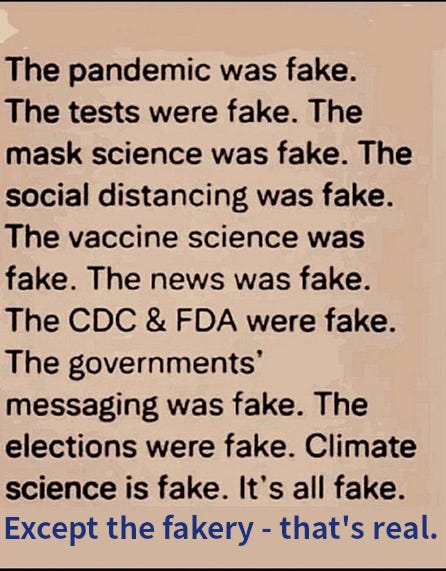2025-08-29
Maybe because fake money was invented - or more likely first appeared - in ancient Babylon.
There are implications that arise from that statement that I will leave as an exercise for the reader - I can't be expected to spoon-feed every answer!
To be sure many do say that debt-slavery was invented there, but that rather presupposes that Babylonian money existed prior to debt slavery, a proposition that may not be supported by evidence ...
So what is this "debt-slavery" notion? Nothing less than the art of fooling people to repay fake loans with good money, and ultimately take on amounts of fake debt so large that they cannot be repaid, leading to fake bankruptcy under the system. It's fundamentally a deceit (which we have talked about previously), but to recap we need to talk about what is money, and to do that we have to talk about the purpose of markets, and how money enables everyone to come to market to sell their goods and to buy other people's goods in exchange.
Money is just the tokens people use to represent the goods they have produced, which can then be spent to buy the different goods that they need from others in the market. Tom brings cattle, Eva brings eggs, and Simon cleans windows.
Money eliminates the need for bartering cattle against window-cleaning and eggs!
Because nobody can then spend more value than they have produced, there will always be goods in the market that they can buy with the tokens that they have earned by selling their own production - "as ye sow, so shall ye reap".
Honest bankers provide a service by taking deposits of people's unspent tokens, and lending them out to others to spend, thus keeping the market from seizing up. These tokens are real money which represent real goods/services available in the market. The market remains in equilibrium.
Babylonian bankers upset the natural market equilibrium by creating money out of nothing and lending it out. We now have more money chasing the same goods so prices rise, the loan is ultimately paid back out of money earned by producing, so the banker can now pay for goods which he has not earned! It's a sophisticated fraud on the entire market.
OK, there are plenty more ins and outs to this but you get the basic picture - the banker can raid the market effectively for free because he ends up with real money which does represent real goods available in the market, in exchange for providing fake money which represents no goods available in the market.
Of course, nobody in the market can tell real money from fake except the man who is spending his loan, and it's not in his interests to disclose it even if he realises the implications.
And of course it's worse than that - the Babylonian bankers can create loans for themselves (and their cronies) which they may not bother to repay - in fact, because they produce no useful goods or services, they can't repay them with real money (and repaying fake money with fake money is clearly a null event), so they "write them off" - they might call it "Quantitative Easing" ... but the only effect is to fuel inflation in market prices at a higher speed than previously - then everybody needs more pay-day loans to cover higher prices and tide them over until next market-day ... hyper-inflation beckons.
But according to Interest of Justice, there's more techniques and more consequences ... and more going on to get the world out of the debt trap.



